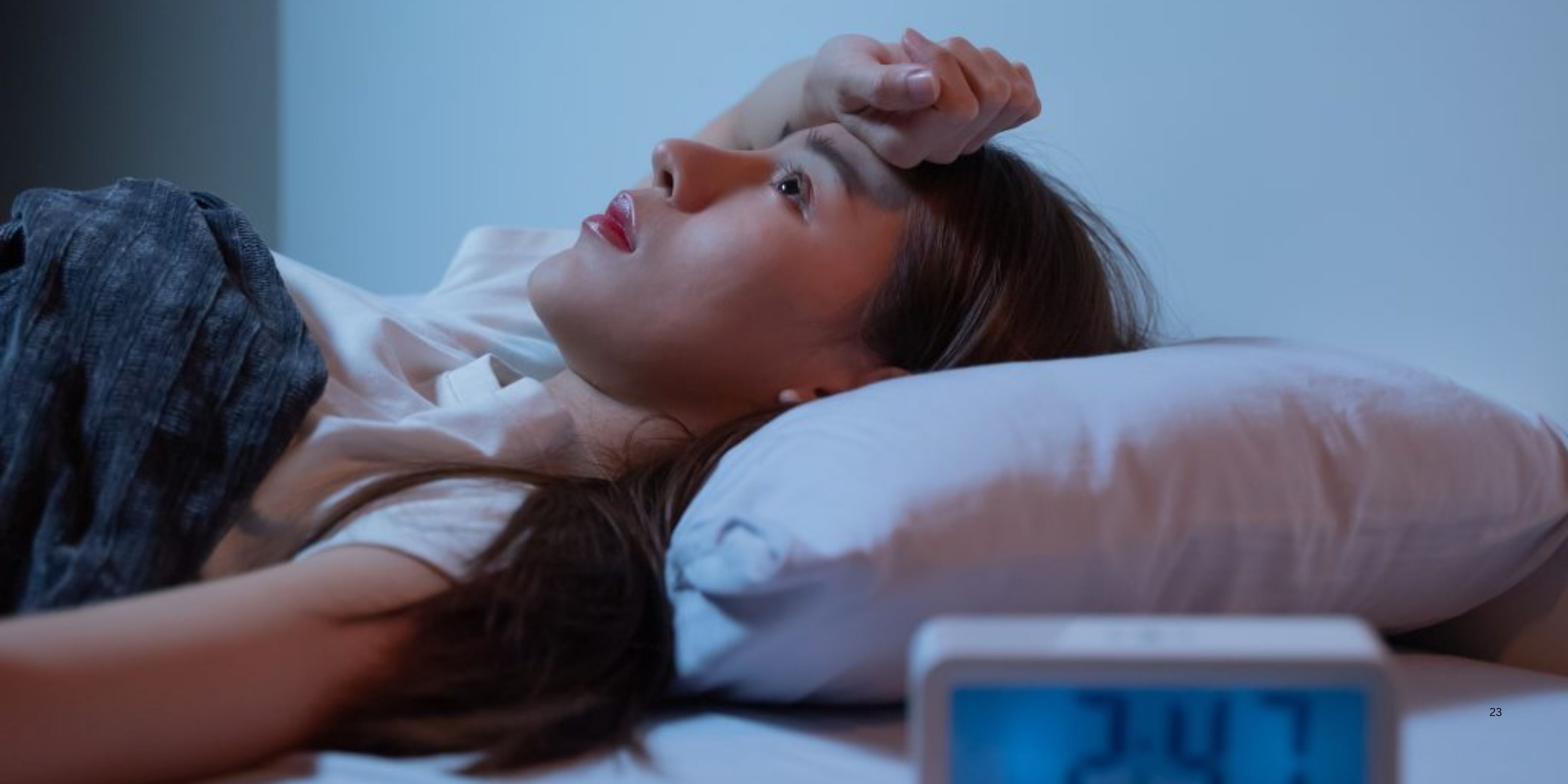
“
The role of sleep in mental health is more powerful than many realize. Sleep is not just about rest; it directly influences emotional regulation, cognitive processing, and resilience to stress. Without proper sleep, mental health challenges can worsen, while healthy sleep habits can significantly improve overall well-being. Understanding the role of sleep in mental health is essential for anyone aiming to nurture a happier, stronger mind.1
1
”
Sleep deprivation significantly increases the risk of mental distress; individuals sleeping less than six hours nightly are about 2.5 times more likely to experience frequent mental health issues. 1
Chronic sleep problems affect 50% to 80% of psychiatric patients, compared to 10% to 18% in the general population, indicating a strong link between sleep and mental health.2
Insomnia doubles the risk of developing depression, emphasizing the importance of addressing sleep disorders to prevent mental health deterioration. 3
Up to 90% of individuals with bipolar disorder experience sleep disturbances before manic episodes, suggesting sleep patterns can predict mood fluctuations. 4

Sleep disruptions are frequently present in up to 80% of people with schizophrenia, strongly highlighting the necessity of effective sleep management in personalized treatment plans for improved stability.
A major meta-analysis of 65 trials found that improving sleep quality leads to significant, measurable reductions in depression, anxiety, and perceived stress levels among many diverse populations. 5
Short sleep duration (less than five hours) can triple the risk of serious mental ill health among vulnerable young adults, according to a study by the George Institute for Global Health. 6
Dr. Qing Ma’s pioneering research indicates that even 15 minutes of additional nightly sleep can significantly boost children’s cognitive performance, emotional regulation, and crucial brain development.7
Adequate sleep is essential for memory consolidation; lack of sufficient sleep hampers learning abilities, weakens information retention, and adversely affects core cognitive functions every single day. 8

Cognitive Behavioral Therapy for Insomnia (CBT-I) has proven highly effective in treating both chronic sleep disturbances and their associated mental health problems, like anxiety and clinical depression.
Sleep plays a truly crucial role in processing and regulating emotions, directly aiding in overall stress management and promoting consistent emotional stability, resilience, and psychological strength.9
Individuals struggling with chronic insomnia are clearly at a much higher risk of developing anxiety disorders, as sleep deprivation often triggers or worsens intense anxiety-related symptoms.10
Sleep disturbances often precede the early onset of many mental health disorders, acting as vital early warning signs for conditions like clinical depression, anxiety, and bipolar disorder.11
Improving sleep hygiene, such as maintaining a very regular sleep schedule—can significantly enhance emotional resilience and overall mental well-being and also reduce psychological distress among all age groups. 12
Sleep importantly aids in the clearance of neurotoxins from the brain, significantly reducing the risk of developing neurodegenerative diseases that negatively impact long-term cognitive and mental health.13
Disrupted sleep patterns consistently lead to increased emotional reactivity, making it harder for individuals to cope effectively with daily stressors, pressures, and unexpected personal challenges. 14
Regular physical activity greatly improves sleep quality, which in turn strongly supports better mental health outcomes, cognitive functioning, emotional resilience, and an overall happier, healthier life. 15

Daily exposure to natural light during morning hours helps regulate internal sleep-wake cycles, promoting better nighttime sleep quality and improved emotional and mental health well-being.
Limiting evening screen time, especially before bedtime, can greatly enhance sleep quality, thereby improving morning mood stability, reducing anxiety levels.16
Sleep deprivation directly affects the brain’s prefrontal cortex, impairing decision-making capabilities, reducing emotional regulation, and increasing overall susceptibility to serious mental health issues. 17


